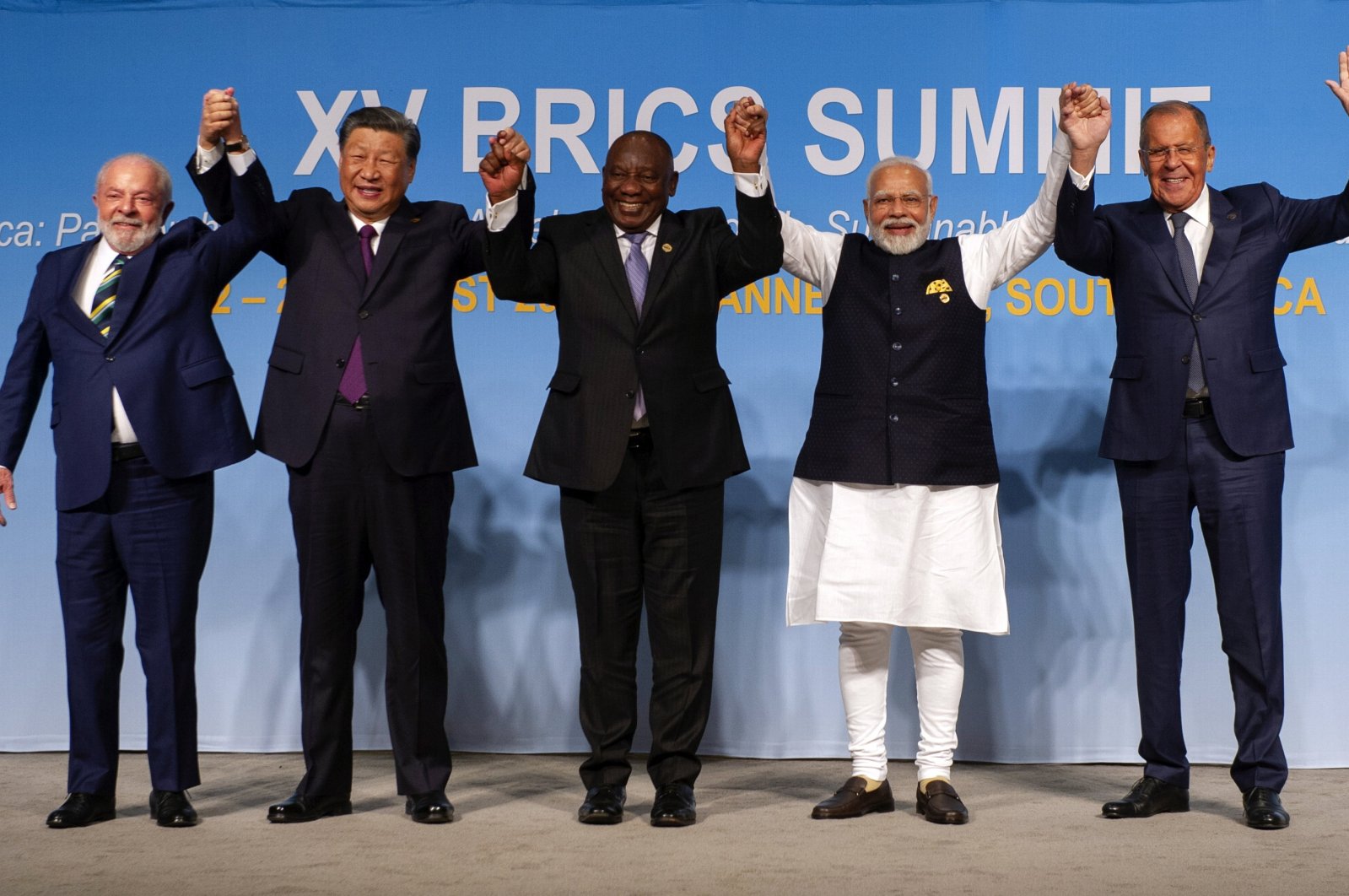
In the past decade, the Global South's influence has surged due to underfunding of U.N. Sustainable Development Goals in Africa and the Global North's neglect, spurring new multilateral platforms amid critical concerns like migration and security
After World War II, as the global economic and political order shifted toward a bipolar world, Asian and African nations, which had gained independence due to the global and regional repercussions of the war, chose not to align with either of the two poles. They united in Bandung, Indonesia, on April 18-24, 1955, marking a significant moment when they emphasized the principles of neutrality and non-alignment to fortify their newfound independence.
It is no surprise that Indonesia hosted this historic meeting. Subsequently, the Non-Aligned Movement officially came into existence in Belgrade in 1961, with leadership from Yugoslavia, India and Egypt. In the same year, the Atlantic alliance launched the Organization for Economic Co-operation and Development (OECD).
Today, it is equally unsurprising that Brazil, Russia, India, China and later South Africa came together to form BRICS (Brazil, Russia, India, China and South Africa). Given this historical context, the addition of Egypt, Argentina, Saudi Arabia, the United Arab Emirates (UAE), Iran and Ethiopia as BRICS members starting from Jan. 1, 2024, should not come as a shock. In the early 1990s, following the end of the Cold War and the collapse of the Soviet Union, the world transitioned into a unipolar structure, which may have led to a perceived weakening of the significance of the Non-Aligned Movement. However, the existence of the "Global South" remained as valid as the "Global North." Even though the popularity of the Non-Aligned Movement waned, the reality of the Global South continued to be a prominent feature on the global stage.
Fade of big hopes
The 21st century commenced with high hopes. The issues of combatting poverty and bridging the disparities in living standards among continents and nations, integral to the Sustainable Development Goals (SDGs), sparked excitement. However, as the first 15 years of the new century unfolded and global challenges intensified, problems such as hunger and poverty not only failed to see substantial improvements but deepened in certain regions. Moreover, critical issues like migration and security were impacted by the Global North's arrogance and its limited capacity to address these challenges, resulting in their escalation from regional concerns to global crises. Consequently, countries representing the Global South have grown increasingly concerned and frustrated with the inadequacy of proposed solutions to the world's pressing issues, prompting them to establish new multilateral platforms.
Over the past decade, marked by painful developments and fervent debates on the restructuring of the international economic and political order in favor of the Global South, we have witnessed a resurgence in their influence. The flaws in projects, solution proposals and, even more troubling, the financing methods presented for the United Nations' 17 SDGs in Africa – the rising continent of the 21st century – have placed the Global North in a challenging position, given their perceived underestimation of these problems. It is, therefore, not surprising that the Global South has chosen to take the lead.
In this context, there is an urgent need for enhanced dialogue and communication between the Global South and the Global North. A country like Türkiye, which has consistently demonstrated its sincerity, realism, impartiality, fairness and honest approach, along with its reputation and credibility in diplomatic endeavors, is more critical than ever in fostering cooperation and understanding between these two global actors.
